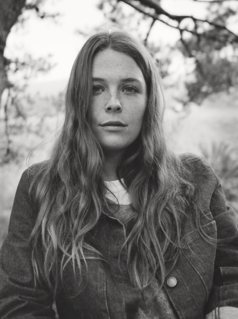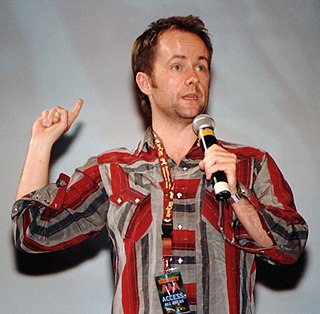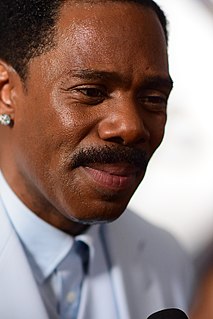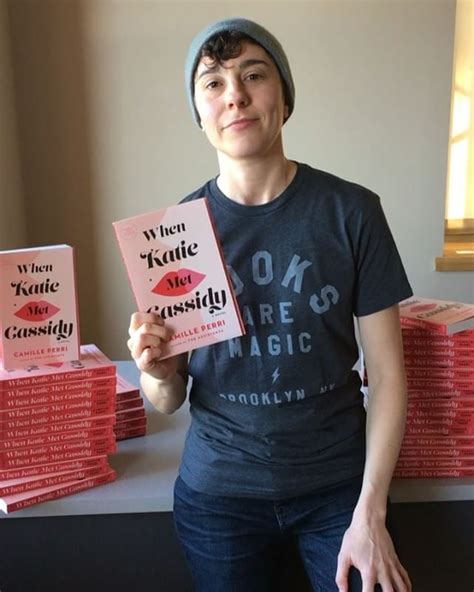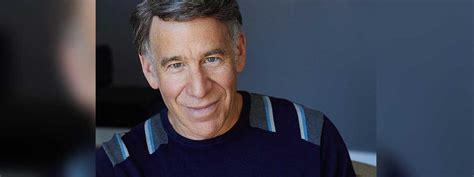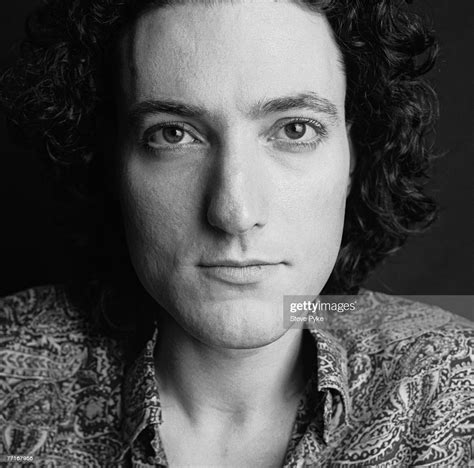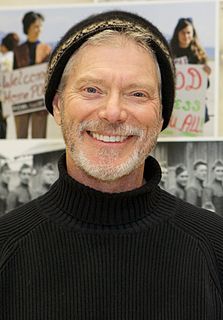A Quote by Maggie Rogers
I think so many of the themes from the natural world mimic emotional themes in our lives.
Related Quotes
I wasn't into Tolkien at school really. But the story is timeless, the themes that it touches on are contained in cultures all around the world. The innocent on a quest, the pretender, an inanimate object that holds evil - it's really strange that these themes are there in so many different countries' folklore.
We learnt a lot because we got in with real choreographers who tell you what they need from a song, because a song has to advance the story. Then real directors like Mike Nichols tell you where you can have 'B themes' and 'C themes', and we go oh yes, B themes and C themes! So we were taught in the finest school amongst the finest people. And also by the school of experience.
If somebody asks me about the themes of something I'm working on, I never have any idea what the themes are. . . . Somebody tells me the themes later. I sort of try to avoid developing themes. I want to just keep it a little bit more abstract. But then, what ends up happening is, they say, 'Well, I see a lot here that you did before, and it's connected to this other movie you did,' and . . . that almost seems like something I don't quite choose. It chooses me.
Introduce your main characters and themes in the first third of your novel. If you are writing a plot-driven genre novel make sure all your major themes/plot elements are introduced in the first third, which you can call the introduction. Develop your themes and characters in your second third, the development. Resolve your themes, mysteries and so on in the final third, the resolution.
Both sex and death are eternal themes. You could make thousands of movies on this theme, and whether you have a human being who is painting, singing, making a film, writing, these are the themes that you will come back to and return to. If you don't have any of these artistic expressions, sex is one of the only gifts that nature gave you for free, so it is very important to celebrate it. And then, with death, we are condemned to that. This is absolutely present in our lives.
